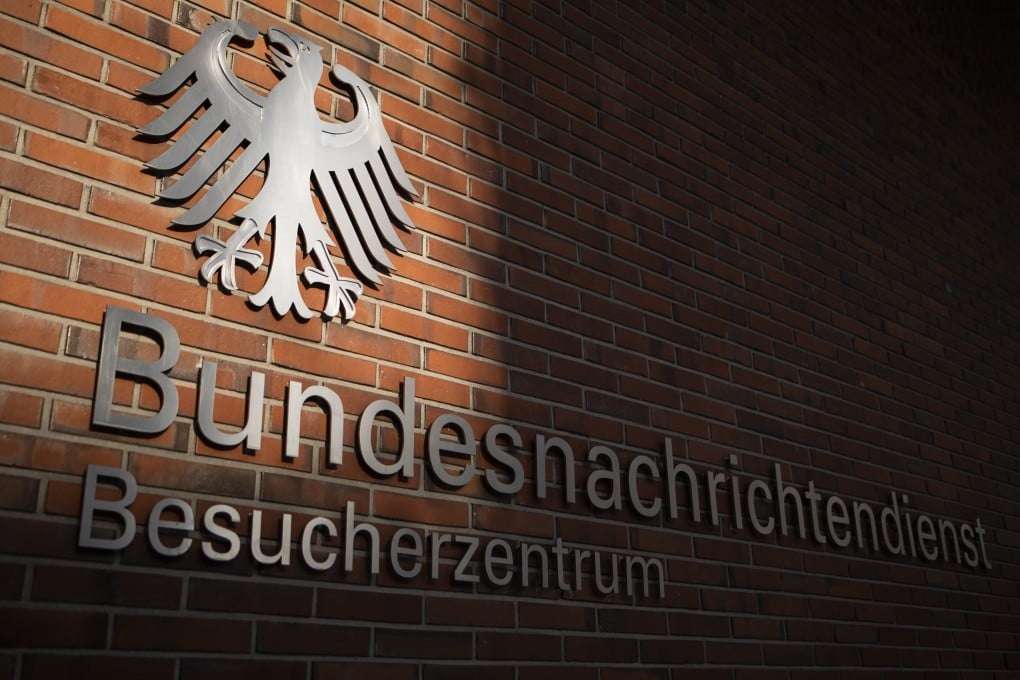Advertisement
Think tank chief reported to have spied for Germany before charges of passing secrets to China
- Accused spy ‘Klaus L’ believed to have worked as a double agent, spying initially for the German Federal Intelligence Service for 50 years
- German media reports his Chinese handlers failed in their aim to place the academic on the Uygur World Congress
Reading Time:4 minutes
Why you can trust SCMP
22

A German academic is reported to have worked as a spy for Germany for decades before being arrested this week on charges of spying for China.
German federal prosecutors accuse the owner of a think tank, identified by authorities as Klaus L, as passing confidential German government information to the Chinese secret service. A spokesman for the prosecutor’s office said it generally did not name suspects for privacy reasons.
Well-sourced German media reports suggest the man worked as a double agent, spying initially for the German Federal Intelligence Service (BND) for 50 years. The experience allowed him to found a think tank – the Institute for Transnational Studies (ITS) – after he retired from active service.
Advertisement
The man was due to appear before the State Security Senate of the Munich Higher Regional Court, where pre-trial detention arrangements were expected to be finalised.
According to a statement published on the prosecutors’ website, the man provided information to Chinese intelligence “in the run up to or after state visits or multinational conferences, as well as on certain current issues”.
Advertisement
Advertisement
Select Voice
Select Speed
1.00x